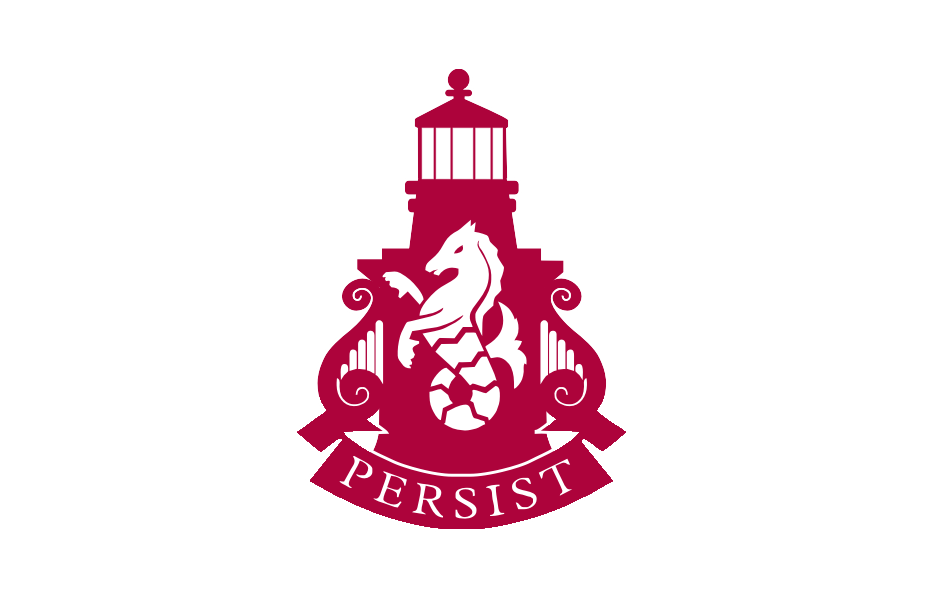News
Latest News
Upcoming

Students
Parents
Staff

Our School
Key Information
Contact Us

Academic
Enrichment
Wellbeing


GCSE Geography
"The world belongs to me because I understand it" - Honore de Balzac
Vision Statement
At RHA, the geography department aims to develop skills in literacy, numeracy and oracy through the study of both human and physical geography. This is done through learning about world in which we live along with an understanding of different cultures and beliefs. The use of texts, documentaries, images and fieldwork all contribute to a rounded curriculum that allows students to strive.
Curriculum Overview
The GCSE course is structured over Years 10 and 11 to allow the students to study the units (roughly one
each term) and to allow for examination revision and preparation time.
The examination is composed of 3 papers and these are detailed below:
Paper 1: The Physical Environment - 1 hour 30 minutes (37.5% of Qualification). This examines
students on the Physical Aspects of the course outlined above. Paper 2: The Human Environment - 1 Hour 30 minutes (37.5% of Qualification). This examines
students on the Human Aspects of the course outlined above.
Paper 3: Geographical Investigations (Fieldwork and UK Challenges). Pupils carry out fieldwork in
two contrasting locations and are then examined on data collecting techniques, analysing trends and
investigating patterns of change in the world around them.
One key theme that runs throughout the course is that study of each section of the course centres around
learning case studies (examples) from around the world.
Cultural Capital
At GCSE level, we continue to study the importance of repairing our planet and the responsibility we all all have as individuals to do this and encourage students to take an active role in doing so both at home and in school. This allows them to develop skills that will be used beyond school and the classroom. We study a broader range of countries and cultures and evaluate a variety of strategies, ideas and concepts. We look at the variety of career choices that are linked to this subject too. Fieldwork covers both physical and human environments and allows students to experience the world in which we live in.
